Moving Forward
Posted by Amy Clickner on November 13, 2012
Leaving my local polling site last week, I felt sort of letdown. After months and millions of dollars spent, it took me just 60 seconds to complete my ballot. It seemed like there should have been more fanfare. But, I have to admit that like most Americans I won’t be sorry to see the end of the political ads, calls and mailings.
However, now is the time for us to move forward as a country, a state and a community, turning the page to a new chapter. We know where we are and where we need to go; the only thing left is how do we do it? Innovative solutions and compromises need to align in order to get the job done. As constituents, we should expect this from all of our elected officials. As citizens, we should support and celebrate such efforts.
So what should be the first order of business? How about moving past gridlock and partisanship to address the forecasted “fiscal cliff”? CNBC defines the cliff as “the potentially dire economic situation the U.S. faces at the end of 2012.” This phrase was coined by Federal Reserve Chairman Ben Bernanke; he described it as “a massive fiscal cliff of large spending cuts and tax increases.” The end result? Many analysts say it would likely send the still-struggling U.S. economy into a recession, if not a depression, as the financial markets would likely go into a tailspin while businesses and consumers both cut back on spending.
The LSCP will continue to follow the “cliff” situation as it has a direct impact on business and our community and share information here and on our website (www.marquette.org).
Want to learn more about a national campaign designed to mobilize those who expect our elected officials to implement a comprehensive plan to fix the long term debt and deficits? Check out www.fixthedebt.org for information on this non-partisan campaign to put America on a better fiscal and economic path. This can be done by sharing a common belief that America has always been able to come together to tackle its greatest challenges and this situation is no different.
Core principles of Fix the Debt include:
- Policymakers should acknowledge our growing debt is a serious threat to the economic wellbeing and security of the U.S.
- It’s urgent and essential that we put a plan in place to fix the debt; the plan must stabilize the debt as a share of the economy and put it on a downward path
- This plan should be enacted now but implemented gradually to protect the fragile economic recovery and give Americans time to prepare for the changes in the federal budget
- It must be bipartisan and reforms to all areas of the budget should be included
- The plan should be conducive to long term economic growth, protect the vulnerable, include credible enforcement mechanisms to ensure that the debt reduction is achieved and leave the next generation better off
Over the past 40 years public debt averaged below 40% of the economy. Today, the debt is more than 70% of our economy and on track to exceed 100% in the next decade and 200% by the 2040’s. How will it affect you? According to Fix the Debt, there will be increased cost of living, slower wage growth, generational injustice and an eventual fiscal crisis. I don’t know about you but none of that sounds acceptable to me.
What can you do? You can get a better understanding of what our country is facing in the next couple months, sign the Fix the Debt petition, tell Congress why it matters to you and volunteer to energize your community. To put it simply, get engaged!

